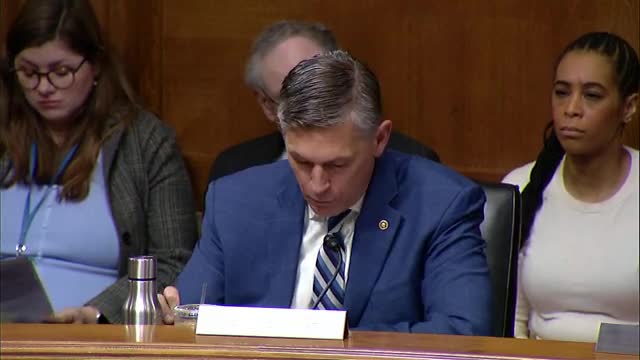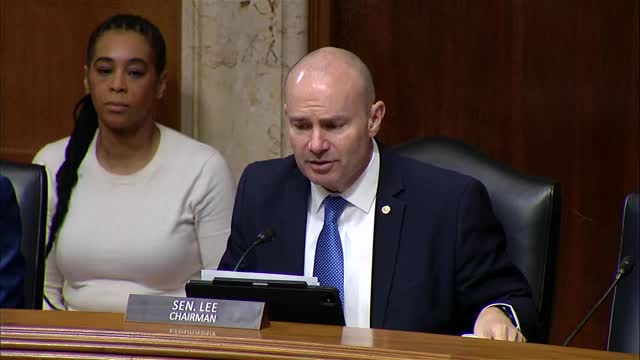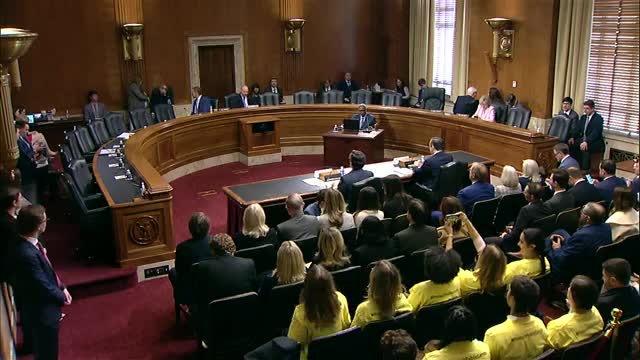Article not found
This article is no longer available. But don't worry—we've gathered other articles that discuss the same topic.

Senators Press DOE Nominee on Workforce Reductions, Infrastructure Law Implementation and Grid Reliability

DOE Science Nominee Emphasizes Quantum, AI and Lab Security; Seeks Committee Support to Protect Research

